
People working as scrap collectors and in other professions, dressed in traditional Vietnamese ao dai, received flowers and gifts in Hoi An City on the morning of March 7th - Photo: THUY ANH
A very special ceremony was recently held by various organizations in Hoi An City ( Quang Nam province).
The most touching moment was when they stepped onto the stage; the image of these women toiling in the heat and dust outside the scrap metal shops transformed into youthful girls wearing traditional ao dai dresses.
"I haven't worn this shirt even once."
Like other Vietnamese women, the ao dai is not just a garment but a cherished possession, a keepsake that every woman, regardless of wealth or poverty, acquires for herself.
For those who work as scrap collectors in Hoi An City, most of them own these uniforms, but due to the nature of their work, they are almost always kept hidden in closets.
Although this is the second year the ceremony honoring and appreciating women who work as scrap collectors has been held in Hoi An City, there are still some awkward moments mixed with sadness.
Ms. Thuy Anh, a senior officer in communications and community development at an organization involved in the event, recounted a "cute" but also poignant incident when the organizers called out the names of each woman collecting recyclable waste to receive their gifts.
Each person was hesitant as they first stepped onto the stage to shake hands with the guests and then lined up to receive flowers. When the name of a woman who collected recyclable materials was called, she adamantly refused to go up because... she hadn't brought an ao dai (traditional Vietnamese dress).
"She was confused and embarrassed, even though she was invited up," Ms. Thuy Anh said.
Expressing gratitude to the women who work tirelessly and silently.
Hoi An City is a major tourist center. Unlike other places, waste in Hoi An City is almost completely collected to ensure the safety of the tourism industry. Therefore, those who work as recyclable collectors are not only earning a living but are also contributing to "environmental protection".
Paying tribute to and honoring women for their unique work also aims to appropriately recognize their contributions to the image of the Old Quarter.
When honoring those who work in the recycling industry, the organizers noted that these workers are contributing to efforts to reduce solid waste. Recycling is "a rudimentary form of the circular economy ."
The term "circular economy," traditionally associated with prestigious and grandiose professions, has left many women working in this field feeling bewildered by its recent recognition.
In Hoi An City today, there are hundreds of people, mostly small-scale scrap collectors. A few agencies buy from this group, but the owners themselves were once people who collected beer cans and plastic bottles. Over time, they developed their businesses and started their own scrap collection operations.
Ms. Nguyen Thi Tai, 65 years old, said she has been collecting scrap metal for the past 40 years. This arduous work has helped her raise three daughters, one of whom is attending university. Her husband has been ill and unable to work for many years.
After receiving flowers and gifts on the morning of March 7th, on the morning of March 8th, Mrs. Tài still wore her neat ao dai (traditional Vietnamese dress), wooden clogs, and light makeup to attend a seminar with experts at a luxurious hotel near the Old Quarter. Her story, shared from the perspective of her struggle for survival, her plight, and the rare instances of care and encouragement she received, moved many of those present to tears.
"I did this job out of necessity, just to make a living and support my family; nobody else wanted to do it. No one like us, who collects scrap metal, will follow in our footsteps because nobody ever dreams of doing it. Now I'm weak, and my main source of income comes from hotels."
"I've been collecting these things for decades, so the hotels have my phone number. When they've gathered a lot, they call me to come pick them up and sell them to dealers. The income is just enough to live on. The work is hard, and sometimes I feel disheartened. But the upside is the freedom; I can work when I'm tired and rest when I'm tired," Mrs. Tài said.
Many difficult circumstances
Most of the women who work as scrap collectors in Hoi An City are in difficult circumstances; many are ill, and their families are incomplete. Ms. Pham Thi Sam from Son Phong Ward (Hoi An City) said that her husband is ill, and her brother-in-law has an unstable mental state, so for years her burden of collecting scrap has been even heavier as she tries to support her family.
It's not just Ms. Sam; people in similar professions share the same sentiment. The moment of honor on March 8th brings them loving words, handshakes, gifts, and warm, grateful hugs.
The International Union for Conservation of Nature (IUCN), through its IUCN-PRO Vietnam Strategic Partnership Program, in collaboration with the Hoi An City Women's Union and the Quang Nam Provincial Association for the Protection of People with Disabilities, Children's Rights, and Poor Patients, organized a ceremony to honor exemplary women and women involved in collecting scrap materials in Hoi An City on the morning of March 8th.
This is the second year that IUCN has collaborated with its partners to organize this awards ceremony.
The event was organized to recognize the contributions of exemplary women in fields such as economic development, social welfare, and especially women involved in collecting scrap materials in the city, and to celebrate the 114th anniversary of International Women's Day on March 8th.
The role of scrap collectors needs to be given due recognition.
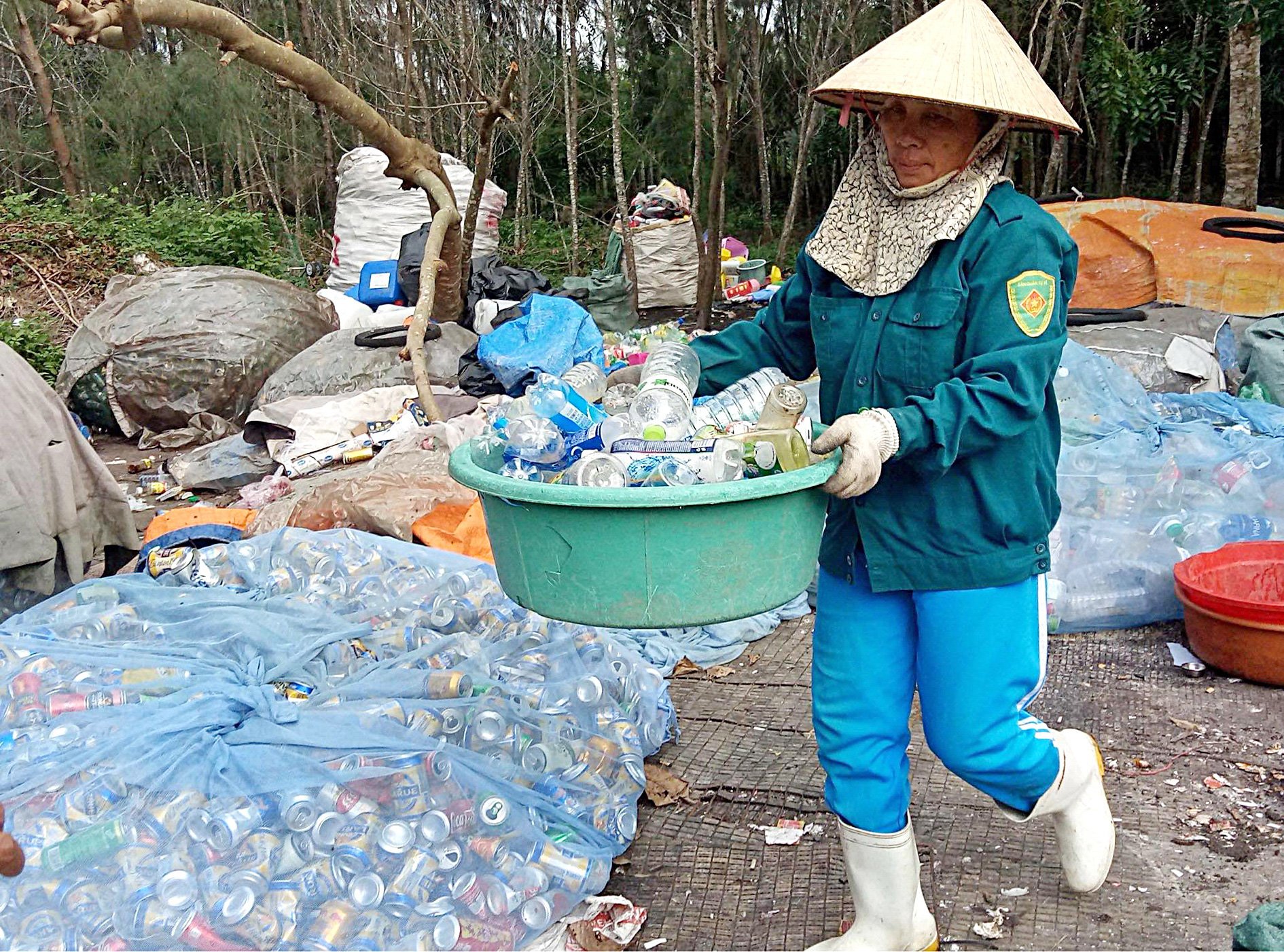
Women working as scrap collectors in Hoi An City - Photo: THUY ANH
According to statistics, globally, approximately 60% of plastic waste is collected and recycled by 20 million informal workers, the majority of whom are among the most vulnerable and marginalized groups in society.
In Vietnam, the informal sector, where up to 90% of the population is female, helps collect over 30% of recyclable plastic waste, reducing the financial burden on formal collection agencies and potentially minimizing public spending on waste collection and treatment.
According to the IUCN Country Representative in Vietnam, Jake Brunner, the group of waste pickers, mostly women, are doing a very important job of collecting, transporting, and pre-processing various types of waste.
Therefore, according to Jake, this group plays a key role in the circular economy. The challenge here is to improve their working conditions and integrate them into the formal solid waste management system.
This requires the effective implementation of waste sorting at source, the expansion of public investment in waste collection and treatment, and the enforcement of regulations against littering.
Source







![[Photo] Prime Minister Pham Minh Chinh holds a phone call with the CEO of Russia's Rosatom Corporation.](/_next/image?url=https%3A%2F%2Fvphoto.vietnam.vn%2Fthumb%2F1200x675%2Fvietnam%2Fresource%2FIMAGE%2F2025%2F12%2F11%2F1765464552365_dsc-5295-jpg.webp&w=3840&q=75)
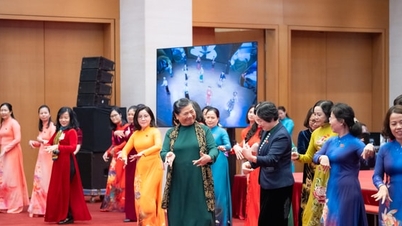





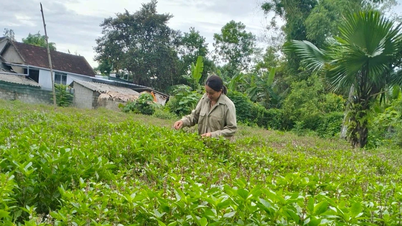



































































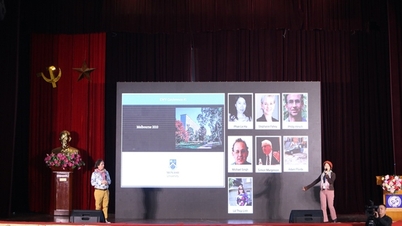

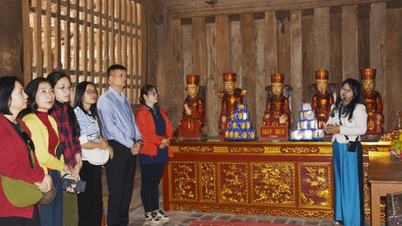

























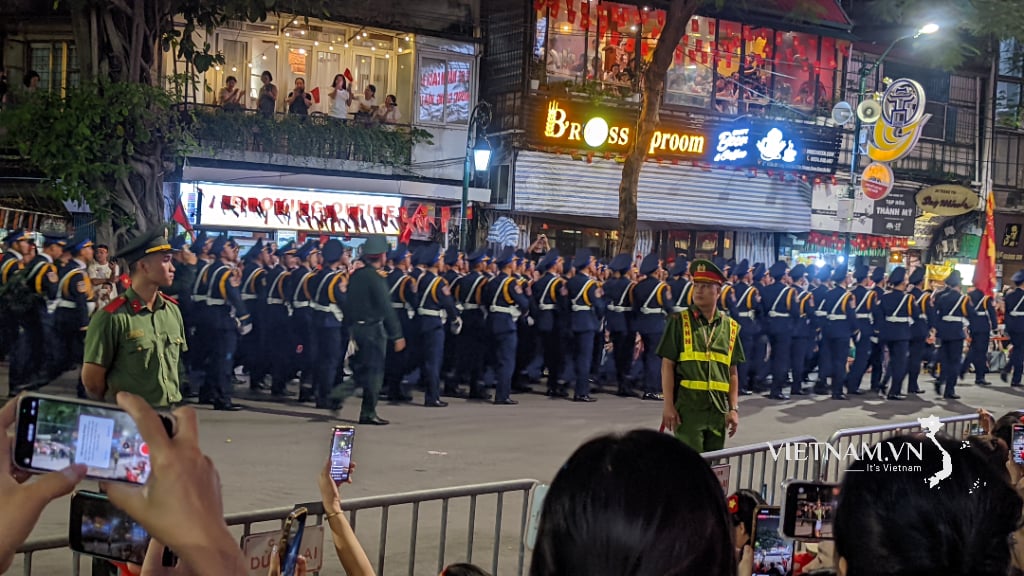



Comment (0)